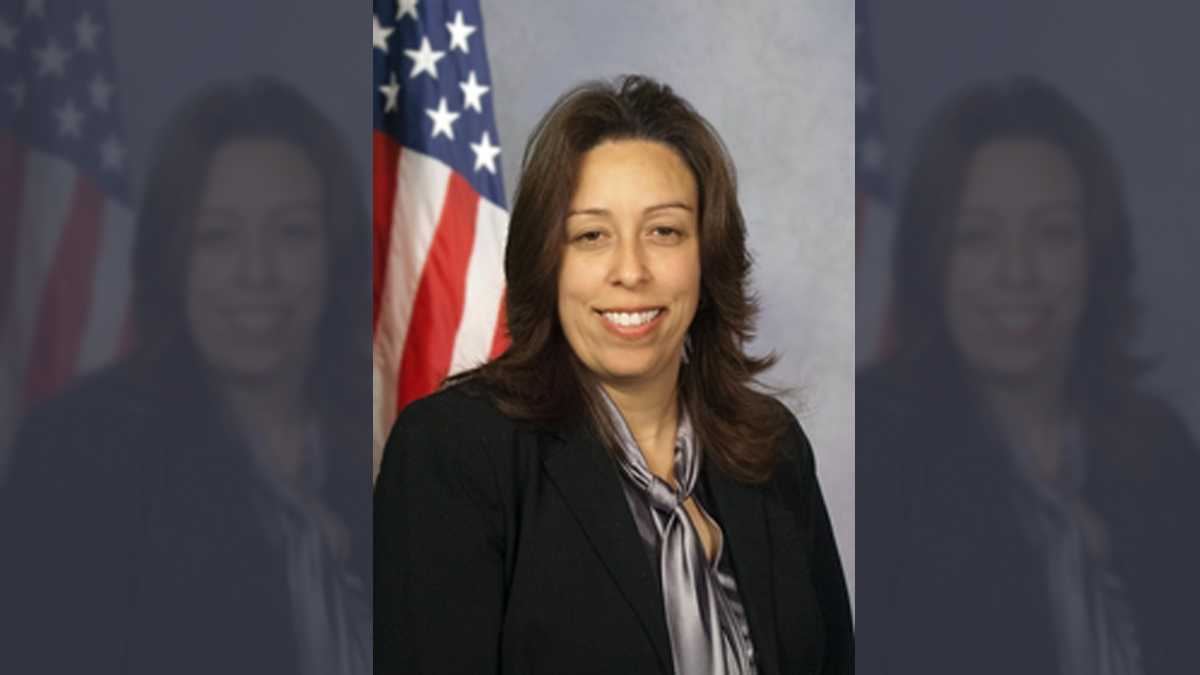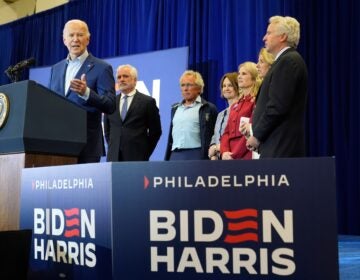After Philly lawmaker’s conviction, Pa. House revamps ethics rules

Pennsylvania state Rep. Leslie Acosta pleaded guilty in a money-laundering case in March but her constituents were unaware of her involvement in the case and re-elected her. (Image via Pennsylvania House of Representatives)
Pennsylvania House lawmakers have acted to make it easier to remove a state representative convicted of a crime.
The change in House Ethics Committee rules comes months after a North Philadelphia representative secretly pleaded guilty to an embezzlement charge and was then re-elected.
Rep. Leslie Acosta pleaded guilty in a money-laundering case in March but her plea was kept under seal, and her constituents were unaware of her involvement in the case. It wasn’t until the Philadelphia Inquirer reported the conviction that it became publicly known. Acosta has since resigned, but not before winning re-election in November.
House GOP spokesman Steve Miskin said the new rules are aimed at avoiding another situation like Acosta’s.
“Not knowing that their representative pleaded guilty to a felony really put an exclamation point to a lot of members on this issue,” Miskin said.
If a member of the House pleads guilty or no contest to a crime, the Ethics Committee can now enact a expulsion resolution that would be voted on the next session day.
“If the House votes to accept the resolution, then that representative is out of the House,” Miskin said.
Previously, state law banned a state representative from office only after sentencing.
Miskin said pleading guilty to a crime when in office can create the potential for abuses of power and conflicts of interest.
“You’re convicted of a felony. You’re still there. You introduce a bill, or you somehow get it attached to another piece of legislation, it could be to exonerate something you did,” Miskin said. “There’s silliness there.”
In addition to being able to expel a convicted lawmaker more quickly, the new rules also give the Ethics Committee more investigative powers, such as making it easier to issue subpoenas.
A special election to fill Acosta’s North Philadelphia seat is expected to take place some time this fall, likely before Pennsylvania’s May primary elections, said Miskin.
WHYY is your source for fact-based, in-depth journalism and information. As a nonprofit organization, we rely on financial support from readers like you. Please give today.




